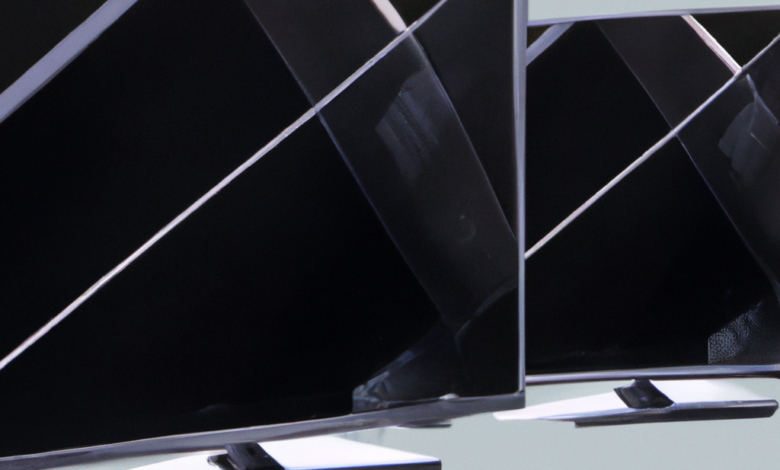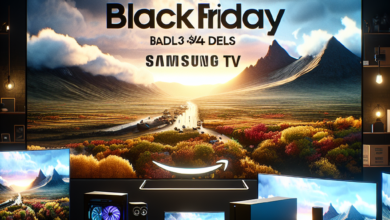Choosing the Best TV Resolution: 4K or 8K?

With the rapid advancement of technology, the television industry has witnessed a significant shift in resolution quality. Gone are the days of standard definition; now, consumers are faced with the decision of choosing between 4K and 8K resolution. Both options offer stunning visuals, but which one is truly the best? In this article, we will explore the differences between 4K and 8K resolution, their benefits, and help you make an informed decision.
Understanding 4K Resolution
4K resolution, also known as Ultra High Definition (UHD), refers to a display resolution of approximately 3840 x 2160 pixels. This means that a 4K TV has four times the number of pixels compared to a standard 1080p Full HD TV. The increased pixel density results in sharper and more detailed images, providing a more immersive viewing experience.
One of the key advantages of 4K resolution is its compatibility with a wide range of content. Streaming platforms like Netflix, Amazon Prime Video, and YouTube offer a growing library of 4K content, allowing viewers to fully utilize the capabilities of their 4K TVs. Additionally, many modern gaming consoles and Blu-ray players support 4K resolution, enhancing the visual quality of games and movies.
Exploring the Advantages of 8K Resolution
8K resolution takes the viewing experience to a whole new level. With a resolution of approximately 7680 x 4320 pixels, 8K TVs offer an astonishing four times the pixel density of 4K TVs. This results in incredibly sharp and detailed images, even on larger screens.
One of the main advantages of 8K resolution is its ability to display content with exceptional clarity, especially on larger screens. This makes it an ideal choice for home theater enthusiasts who want to replicate the cinematic experience in their living rooms. Additionally, 8K resolution is future-proof, as it provides a higher level of detail that will become more noticeable as content creators continue to adopt higher resolutions.
Considerations for Choosing Between 4K and 8K
While 8K resolution offers undeniable benefits, there are several factors to consider before making a decision:
- Content Availability: Currently, 8K content is limited compared to 4K content. Streaming platforms and broadcasters are gradually adopting 8K, but it may take some time before it becomes widely available. If you primarily watch mainstream content, 4K resolution may be sufficient for your needs.
- Screen Size: The benefits of 8K resolution become more apparent on larger screens. If you have a smaller TV, say below 55 inches, the difference between 4K and 8K may not be as noticeable. However, if you have a larger screen or plan to upgrade in the future, 8K resolution can provide a more immersive experience.
- Budget: 8K TVs are currently more expensive than their 4K counterparts. If budget is a concern, opting for a 4K TV may be a more cost-effective choice. As technology advances and becomes more mainstream, the price of 8K TVs is expected to decrease.
Summary
Choosing between 4K and 8K resolution ultimately depends on your specific needs and preferences. If you want to enjoy stunning visuals and have access to a wide range of content, 4K resolution is a great choice. On the other hand, if you are a home theater enthusiast or plan to upgrade to a larger screen in the future, 8K resolution can provide an unparalleled viewing experience.
Consider factors such as content availability, screen size, and budget before making your decision. Regardless of which resolution you choose, both 4K and 8K offer remarkable picture quality that will enhance your entertainment experience for years to come.




